Community Check-Ins
Our Caring Communities are intended to help foster a sense of connection, provide informal support and consultation, and connect students to campus resources, when needed. Examples of past community check-ins include providing a space to discuss the impact of local and national events on identity-based communities, providing a space to connect with others with shared identities, and bringing together campus partners and resources in a single, supportive space. The casual nature of these spaces paired with guidance from Counseling and Wellness Center staff and peer support contribute to an environment that promotes emotional and mental well-being.
The Counseling and Wellness Center is eager to expand our Caring Communities offerings. If you would like to see the Counseling and Wellness Center offer a particular community check-in, either as a single session or an ongoing series, please email Liz Stuart.
While an extension of Counseling and Wellness Center services, Caring Communities are not a form of treatment. Attending a Caring Communities check-in does not mean you are a client of the Counseling and Wellness Center.
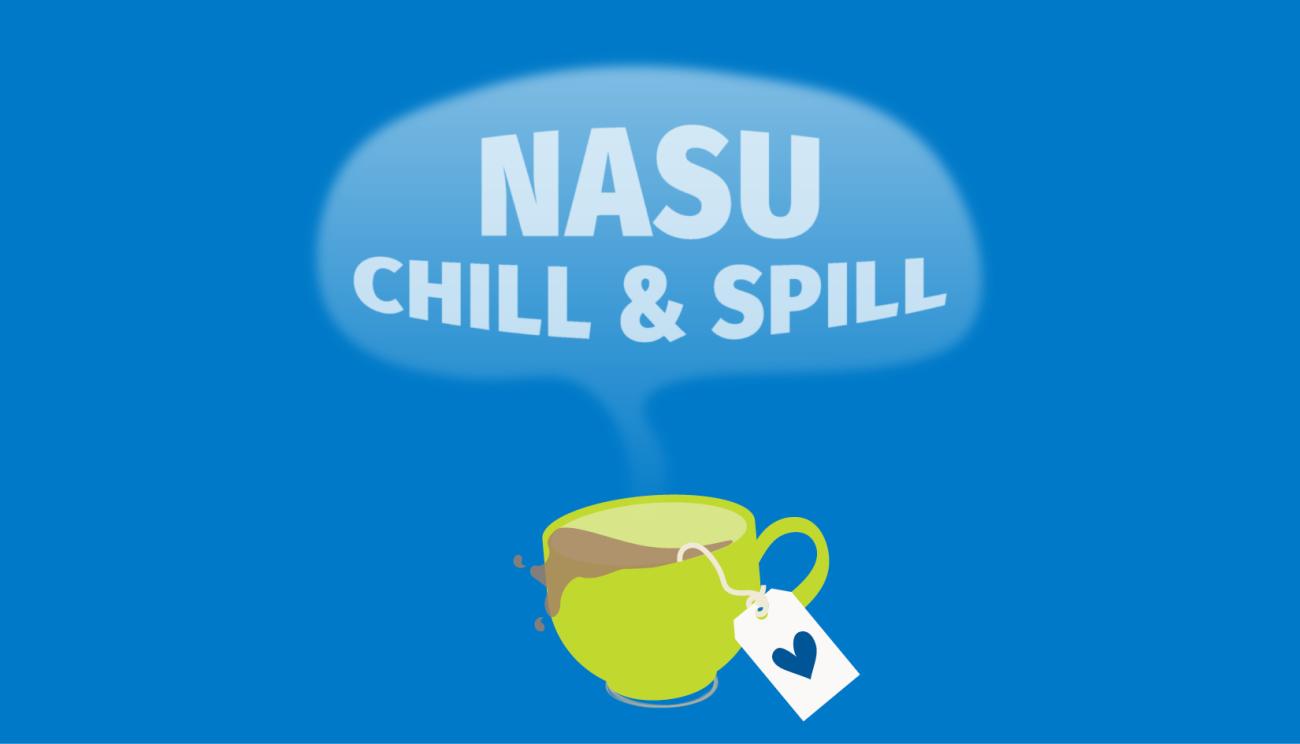
NASU Chill & Spill
Drop in Fridays for a safe place for Indigenous students to share and discuss life’s many challenges and joys. Our talking circle is facilitated by Kelley Crane, Native American and Indigenous Student Support Specialist with the Counseling and Wellness Center. Snacks provided! Questions? Email Kelley.
Fridays, 4-5 PM (no meeting on 5/5)
Miller Hall 158 (CEED Social Space)
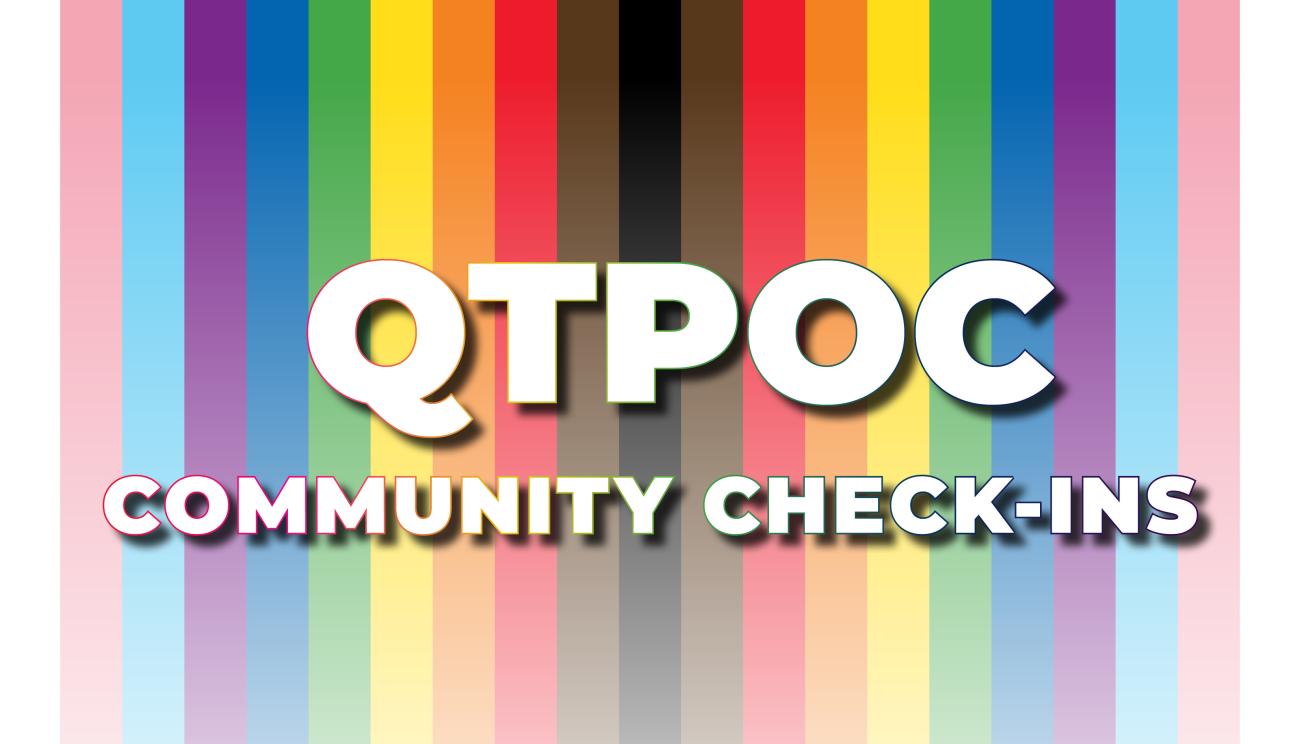
QTPOC Check-ins
A drop-in space for queer and trans students of color to find support through social connection, co-hosted by LGBTQ+ Western and the Counseling and Wellness Center.
Thursdays, 3-4 PM
LGBTQ+ Lounge (VU 7th Floor)
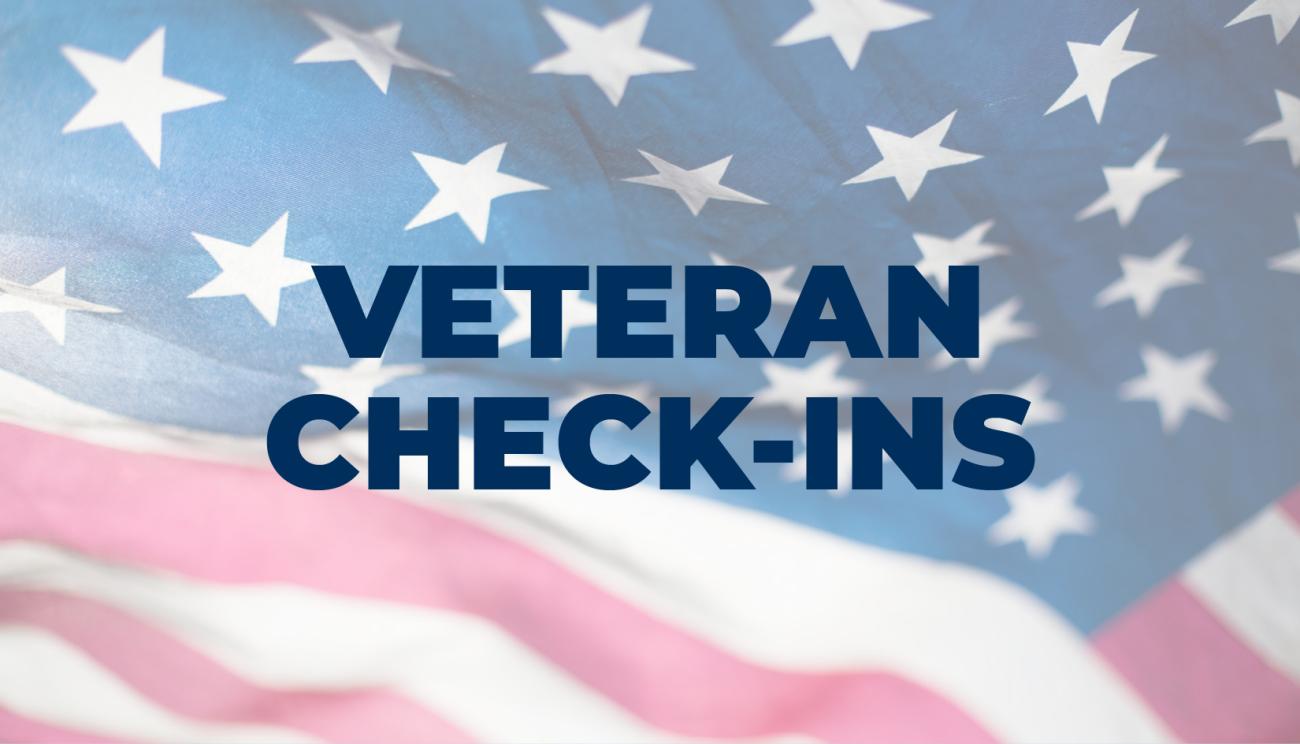
Veteran Check-Ins
A drop-in space for veteran and veteran-dependent students to find support through social connection and consultation, co-hosted by Veteran Services and the Counseling and Wellness Center.
Fridays, 2-3:30 PM
Wilson Library 165 (Veteran Services Office)
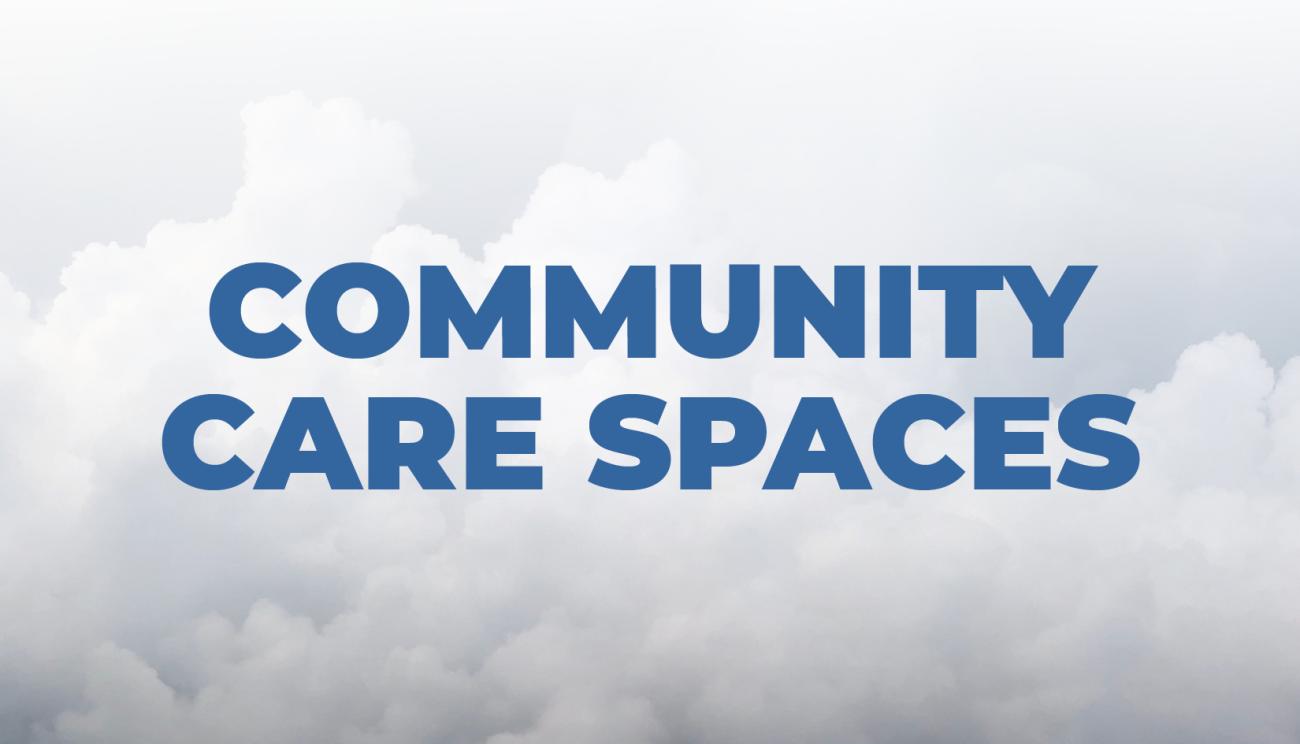
Community Care Spaces
Pop-up spaces hosted by the Counseling and Wellness Center to process feelings and be in community with others.
Interested in a care space with the Counseling and Wellness Center? Please email Liz Stuart.
Let's Talk
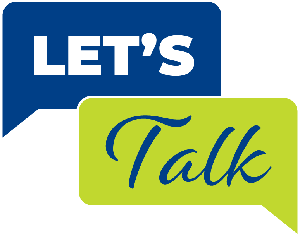
Let’s Talk is a program that provides drop-in consultation at locations around campus for WWU students. It’s free, no appointment is necessary, and students are seen on a first-come, first-served basis. Just show up for an informal, friendly, and confidential consultation. Speaking with a counselor consultant can help provide insight, solutions, and information about additional resources or how to establish care with a mental health provider. Let’s Talk is not a substitute for formal counseling and does not constitute mental health treatment. The counselor consultant can listen to your specific concerns and serve as a bridge to the Counseling and Wellness Center or other support services as needed
Common concerns brought up at Let’s Talk include:
- Stress
- Sadness
- Worry
- Relationship issues
- Academic concerns
- Family problems
- Adjustment issues
- Identity concerns
- Culture shock
- Financial strain
- ...and more!
The Let’s Talk program at Western Washington University is based on the Let’s Talk Program at Cornell University. With permission, some of the material from this website has been adapted or reproduced from the Cornell University Let’s Talk website. We would like to thank Matt Boone, LCSW, for his assistance in helping us launch this program on our campus. This successful model has paved the way for us and many others.